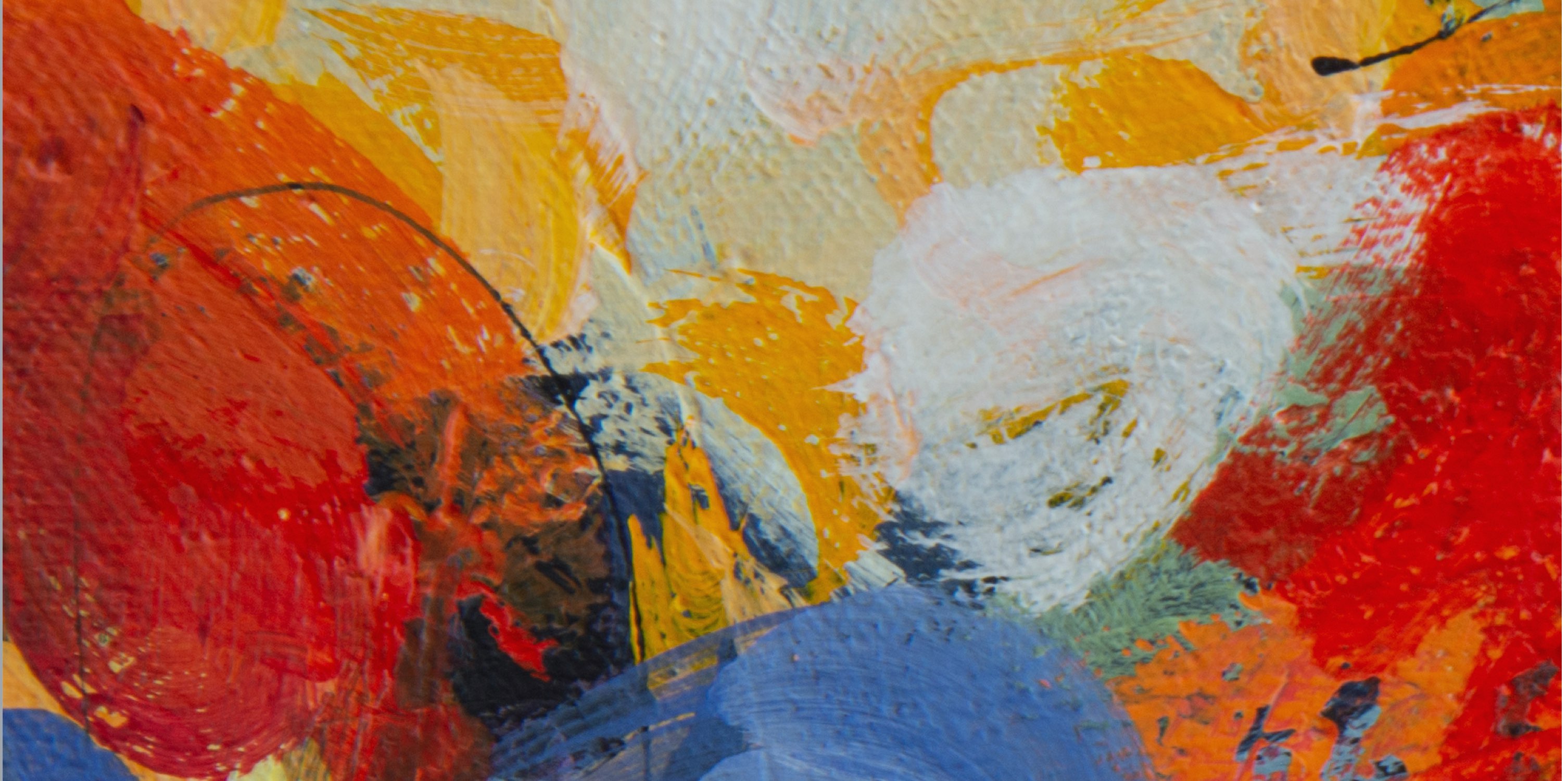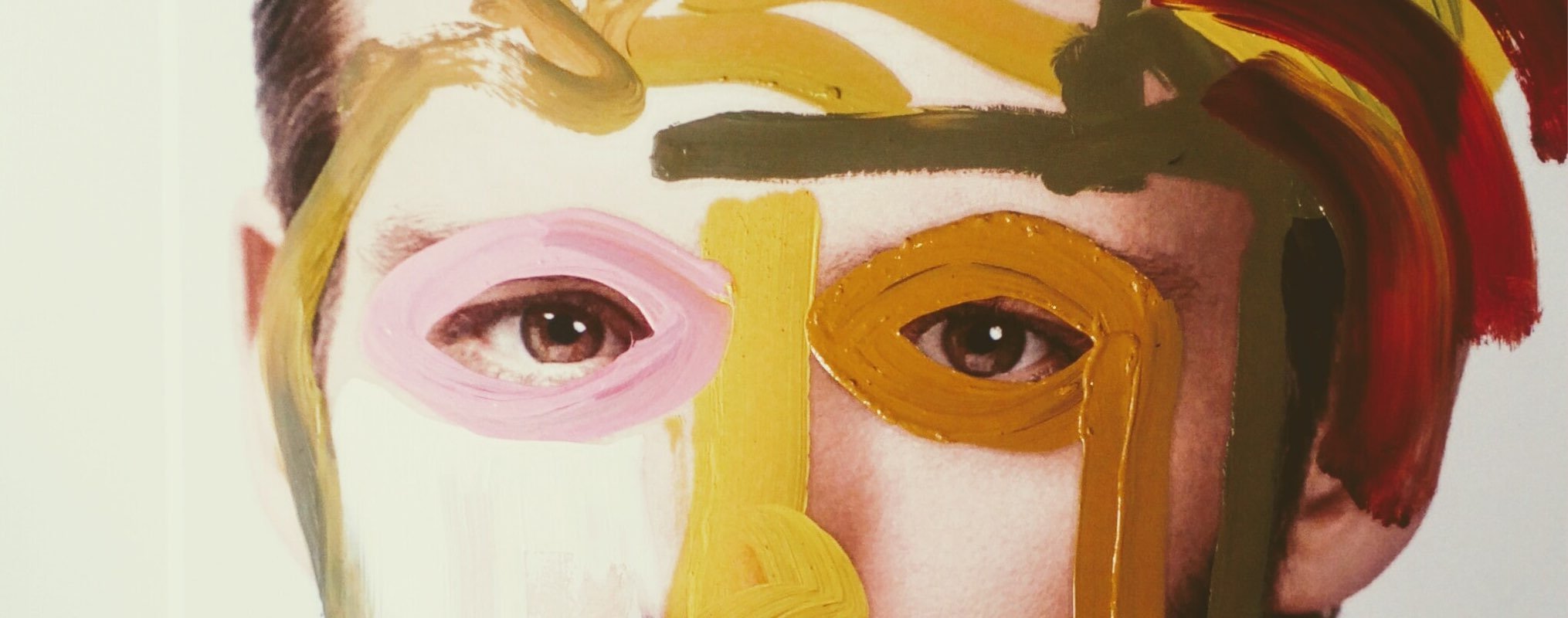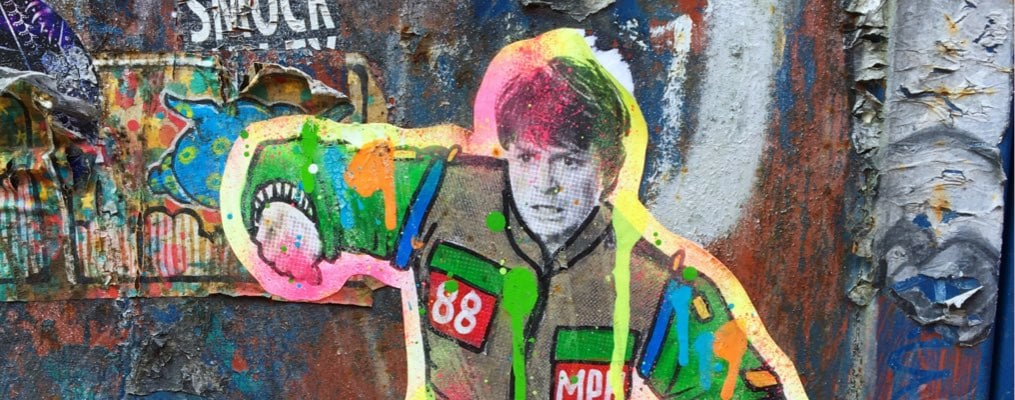Control the chaos and unleash your team's potential with Extensis Connect / Learn More
Control the chaos and unleash your team's potential with Extensis Connect / Learn More

It’s nice to think that we’re totally in control, but the truth is that the random opportunities we get (or don’t get) can often be whittled down to one simple concept — luck. Even after we account for clear-cut advantages and disadvantages, it appears that luck still plays a major role in our career paths.
As children, we understood luck with a twinge of magical thinking. We threw coins into fountains, searched for four leaf clovers, and assigned “luck” to certain objects — all in the hopes of catching a little extra good fortune.
As we get older, our understanding of luck changes profoundly. We come to understand that so much of what seems random is actually the direct result of systems in place. Luck can be seen as a factor that divides the haves from the have-nots. We rarely use the word luck when things go right, but often use it negatively when things go awry — “just my luck.” And for people in many career paths, luck may often seem inconsequential.
For people working in creative fields, however, luck, often feels like a very real force. Your client might seemingly vanish off the face of the Earth without paying an outstanding invoice — bad luck. And when fortune favors you, you may be chosen for a project that syncs up serendipitously with your skill set and an opportunity to explore your latest creative obsession — that’s really good luck.
For creatives, luck isn’t necessarily about making a fortune (although that happens too). It’s about finding inspiration, connecting with the right people to help you grow, and being able to support yourself by doing what you love. It’s about recognizing opportunities that can transform the trajectory of your work.
Luck may be beyond our control, but you can still set yourself up for success. In fact, just changing the way you think about luck can optimize your outlook on life and improve your happiness.

Photo by Nicola Powys on Unsplash.
Without further ado, here are seven ways you can improve your creative luck, and none of them require talismans or burning sage.
When an opportunity or idea presents itself, you want to be ready. Creative thinking is generally something we can jump into as needed, but technical skills should be kept in good shape, even the ones you’re not using right now.
Let’s say you’ve done some web design in the past. Rather than letting your most recent experience slip into obsolescence, be proactive. Think about helping a friend or a local charity whose site is in need of a refresh. Or create a mock-up for a fun, joke website that showcases your skillset, even if the company behind it doesn’t really exist. Side projects like this allow you to flex your creative muscles, hone your skills, and develop a more robust portfolio for when opportunity knocks.
No matter how prepared you are, you will occasionally be presented with creative challenges that feel completely random.
“Oh, so you’ve done A,B, and C. Would you mind putting together something like…. X + Y = Z?”
The above example is only to demonstrate exactly how intimidating this kind of assignment can be. (Did you see how math snuck in there? Horrifying.)
Keep an open mind. Just because you don’t have experience with this type of project, doesn’t necessarily mean you need to shy away from it. If a client or manager asks you to do something you’ve never done before, let them know that ahead of time. And if they’re alright with that, you have a really unique opportunity to try something completely different.
Embrace the learning experience, dive into research, and put your best foot forward. This is how people find new hobbies, develop new skills, and sometimes find new passions. Even if you learn that you absolutely hate this type of work and never want to do it again, the experience will still prove valuable.
Best practices and strong processes are great for getting things done, but when it comes to creative inspiration, it’s okay to bend the rules a little. We all get critical feedback at one point or another. Rather than resisting change, try reframing your approach. It’s an opportunity to stretch your talent and skills in new directions. Just ease into it, and know that in the long run, it will help you to create more variety in your work. It’s all good.

Photo by Naomi Tamar on Unsplash.
This is an Extensis core value, and for good reason. Curiosity drives innovation. Anyone who has fallen down the rabbit hole of a new music genre, aesthetic, or even a new approach to color palettes, can tell you that curiosity sparks inspiration, which fuels productivity. You’re more likely to get something done if you’re excited about it. And the more you know, the more there is to be excited about.
Confidence isn’t just a switch you can flip on when you need it, but you can make a point of showcasing your work with confidence.
Worried that adding some fancy UI features to your website is a little too much? Or that offering prints for sale might come off as a bit pretentious? Or when someone asks you what you do for a living, should you respond with your job title?
It’s okay to show more of your personal tastes and unique interests when you talk about and present your work. In fact, it will add depth, authenticity, and character to how people understand your craft, whether they are potential clients or just your neighbors down the street. Taking pride in your work sets the stage for others to do the same.
Our culture often ties creativity to individuality. While we may put our heads down and work individually, creatives still need to be collaborative. We’re not just part of an industry, we’re part of a community. Share your knowledge and consume others’ knowledge. Bring positive energy to your interactions. Be open-minded and encourage each other’s work. You never know how your next great collaboration might begin.
Luck isn’t just about the future. If you look back, you’re bound to recognize that good luck in your past led you to where you are today. The inspiration you’ve found, the people you’ve met, the period in which you grew up and the unique opportunities you’ve had have all shaped not only your creative work, but also who you are as a person.
At the end of day, we’re lucky to do what we love.
Creative work isn’t easy. It often means long hours, obscure feedback from clients, and starting over from scratch until you get it right. But by practicing gratitude, we can stay positive and focus on the bigger picture. Gratitude also empowers us to give back to the design community, share our skills, and create opportunities for others.
A few years ago, I read a really funny, highly motivational book about creativity by Elizabeth Gilbert called Big Magic: Creative Living Beyond Fear. It teaches creatives to get out of their own way, roll up their sleeves, and get to work. Gilbert poses a question in the book which I believe is relevant whether you’re a writer, a graphic designer, a painter, a filmmaker, or an artisanal candlestick maker.
“So this, I believe, is the central question upon which all creative living hinges: Do you have the courage to bring forth the treasures that are hidden within you?”
It’s not always easy work, but we are lucky to do it.
Don’t be weighed down by creative chaos on your road to good fortune.